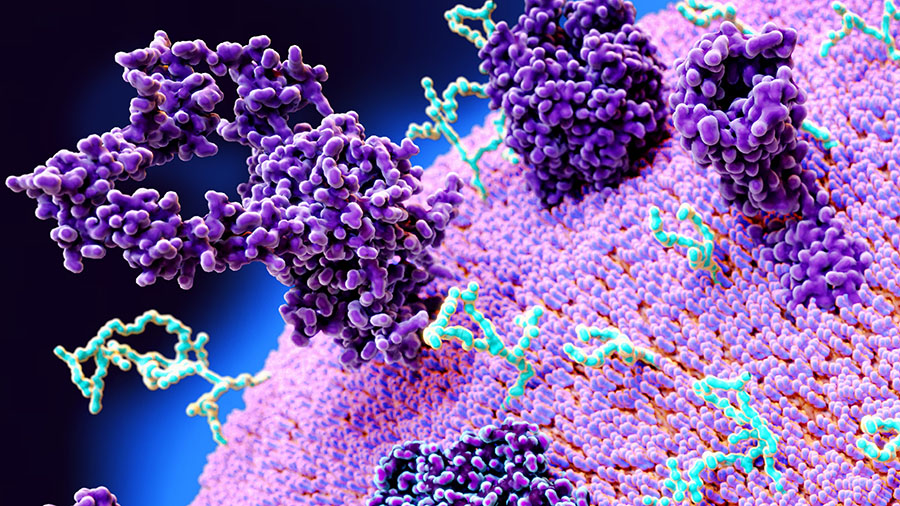The American Society for Biochemistry and Molecular Biology
Driving fundamental discoveries and supporting scientists at all stages of their careers.
ASBMB journals
The ASBMB's three prestigious journals offer a platform for your research with the benefit of editorial feedback, fast turnaround and open access.
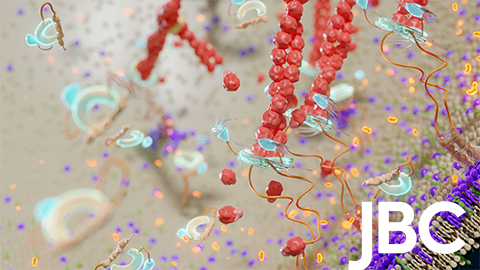
Journal of Biological Chemistry
JBC publishes high-quality science that seeks to elucidate the molecular and cellular basis of biological processes.
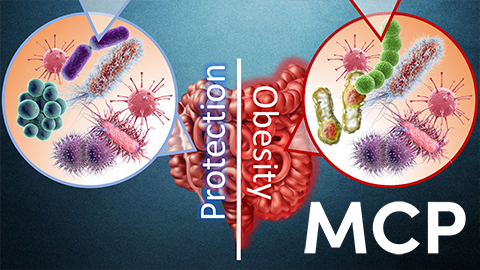
Molecular & Cellular Proteomics
MCP showcases cutting-edge advances in proteomics, metabolomics and bioinformatics.
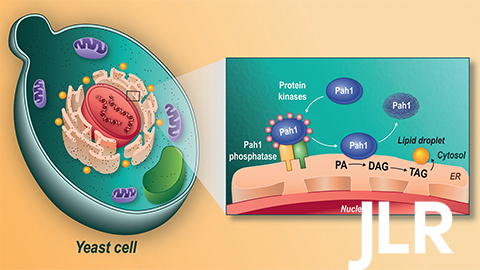
Journal of Lipid Research
JLR is the most cited journal devoted to lipids in the world, focusing on the science of lipids in health and disease.
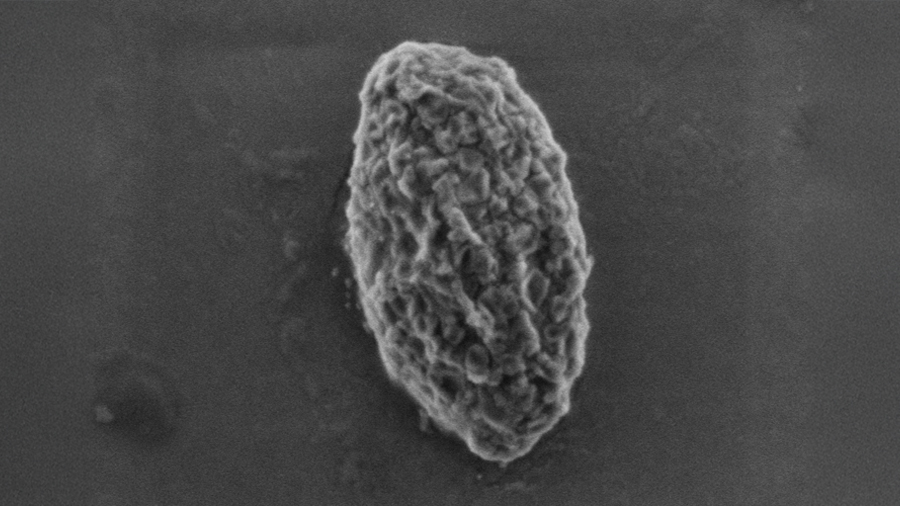
Using 'nature’s mistakes' as a window into Lafora disease
After years of heartbreak, Lafora disease families are fueling glycogen storage research breakthroughs, helping develop therapies that may treat not only Lafora but other related neurological disorders.
Pedagogy experts share how they use artificial intelligence to save time, increase accessibility and prepare students for a changing world.
Nominate a colleague for the distinction of ASBMB fellow to honor their exceptional service to ASBMB and distinguished record of professional accomplishment.
Learn how the society empowers educators and the next generation of scientists through community as well as accreditation and professional development programs that support evidence-based teaching and inclusive pedagogy.
Claude Gagna is being honored for the diagnostic tool he developed that uses AI to streamline diagnostics. Wesley Sundquist is being honored for his role in finding that HIV’s capsid was a target for treatment.
In-person Conference
The 15th international symposium on proteomics in the life sciences
Aug. 17–21, 2025 | Cambridge, Mass.
Aug. 17–21 | An international forum for discussion of the remarkable advances in cell and human protein biology revealed by ever-more-innovative and powerful proteomics technologies. Register by July 23.


Nuclear second messenger signaling: How phospholipids, bilirubin and inositol phosphates directly control gene expression
Ray Blind of Vanderbilt University presents his research. More




